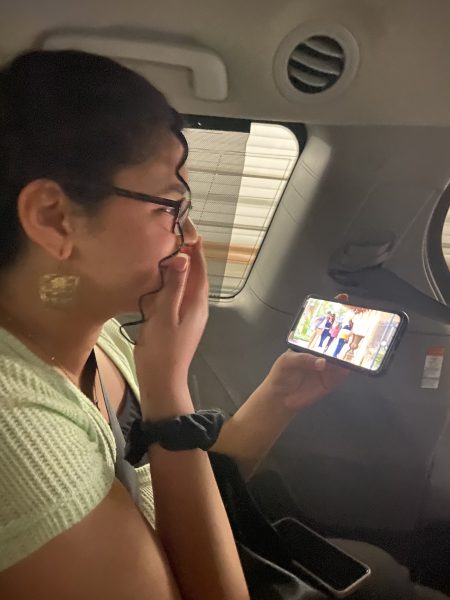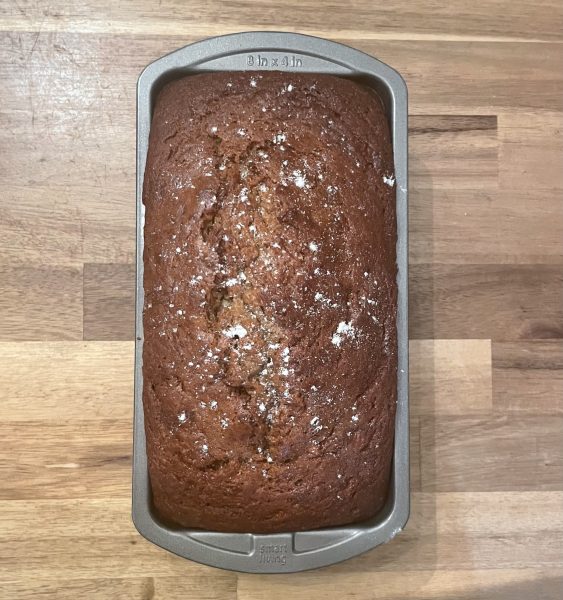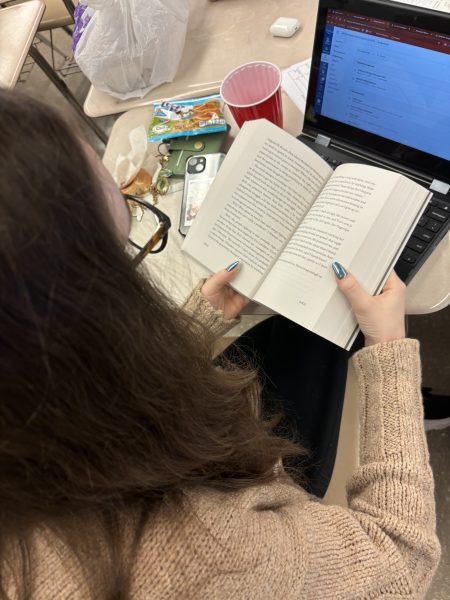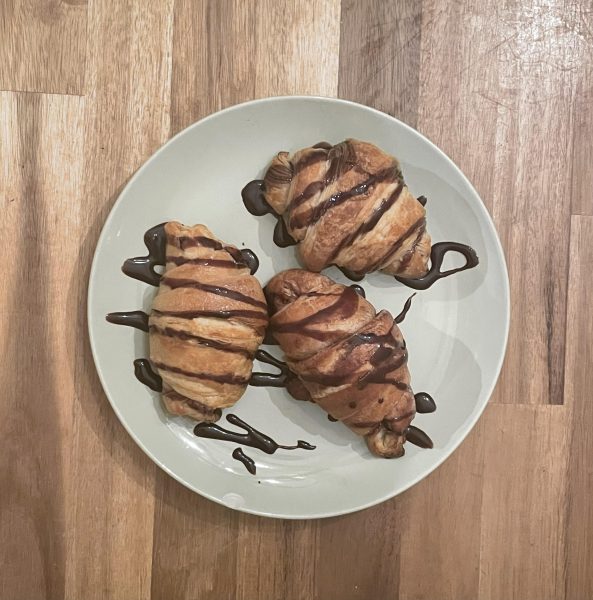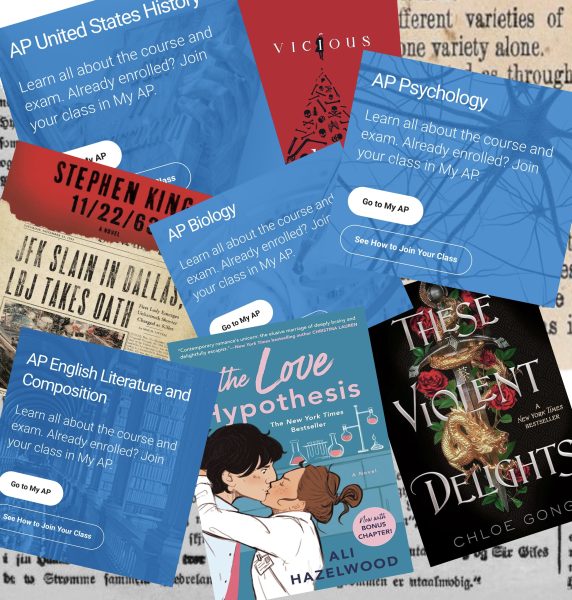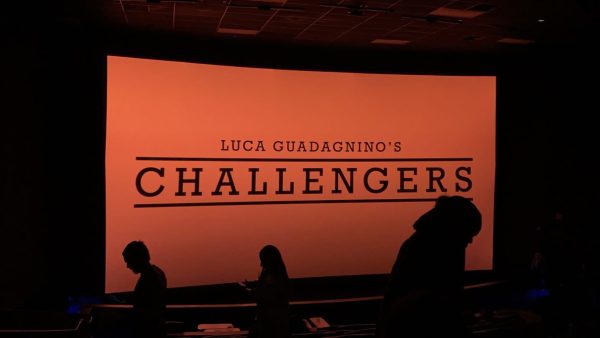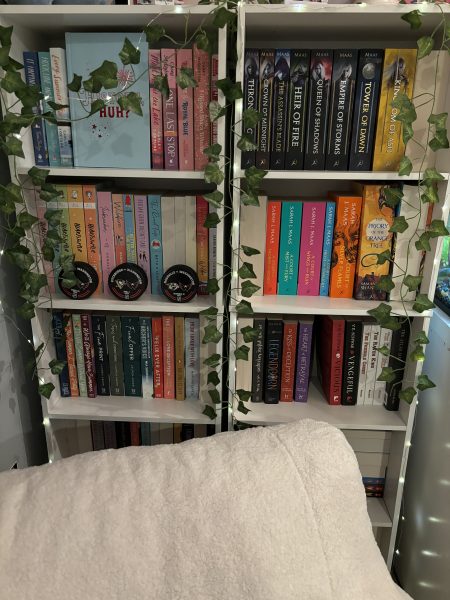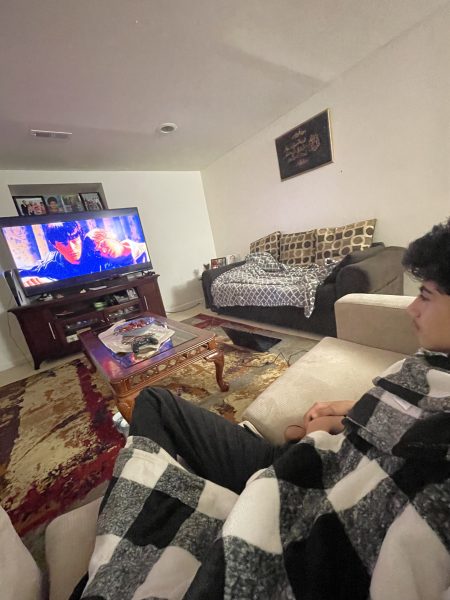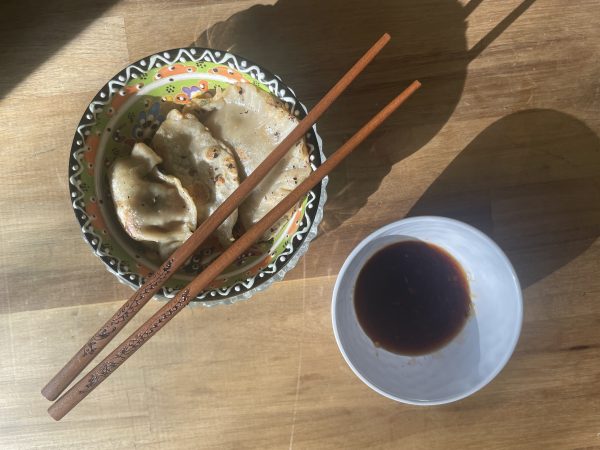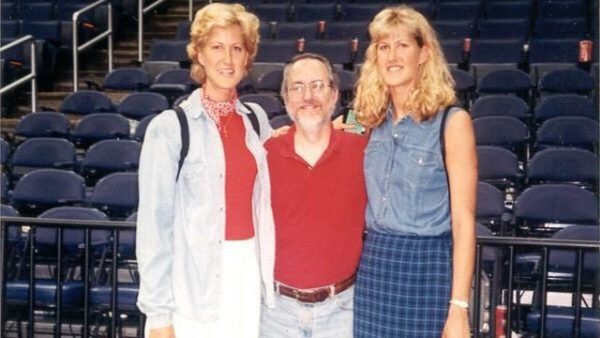Reflections on a bleak day in American history: Political riots at the Capitol
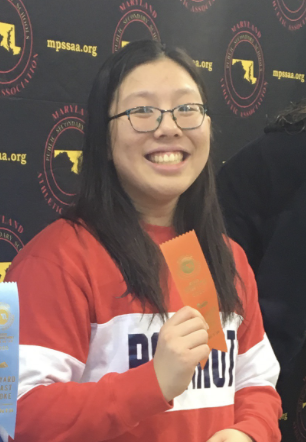
Luna Zhang
My parents came to the United States in the early 1990s, mystified and allured by the promise of freedom, opportunity, and a better life for themselves and their children. Like so many others, they were chasing the American Dream, arriving in this country with empty pockets but hearts full of hope.
I was born in New York City and lived the first few months of my life in an apartment in Queens. America was dazzling to me. As my grandfather pushed me around in a stroller through the streets of Manhattan and later through the suburbs of Rockville, I always kept my eyes wide open. My head swiveled in all directions while my hands reached for the sky, all 10 of my stubby fingers wiggling in the air: I was captivated by this beautiful world and all I wanted to do was experience it.
America remained dazzling to me for much of my life, and in many ways I am still very much in love with her. As I grew older, however, the rose-colored glasses placed over my eyes began to crack and eventually shatter, leaving me staring at realities I’d never faced before. I was lucky, blessed by the hard work of my mother and father to have been able to mature while shielded from the horrors of the world. But I knew–and they knew–that my version of America, perfect and beautiful and dazzling, was only half the picture.
Inevitably, I learned of systemic racism, violence against marginalized groups, and the financial struggles faced by many citizens. I learned of the controversies surrounding immigration, the countless faults of our justice system, the outright denial of the effects of climate change so common in our society, and so, so much more. Nevertheless, I was privileged, living comfortably in my own little bubble and not truly understanding those issues.
In the seventh grade, my school went into a lockdown because there was a shooting at a nearby shopping mall. It was at that moment I began to understand. Supposedly, school was a place where children were meant to be safe. That sense of security had been stolen.
I emerged from the situation emotionally rattled but, fortunately, physically unscathed. Though I moved on with my life afterwards, fear had already rooted itself deeply within my mind.
A week later, I sat at the dinner table with my grandmother, chatting about nothing in particular. There was construction down my street, and the sounds made by jackhammers and drills punctuated our conversation. When I lifted my head in curiosity at the racket, my grandmother held my hand and reassured me that the noises we heard were not gunshots. My heart broke.
They were not gunshots.
My grandmother shouldn’t have had to worry about gun violence. She’d arrived in America with my uncles a few years before my parents came, chasing the same American Dream and envisioning a better future for her descendants. And now she was worried about my safety? What kind of country were we living in?
Come 2016, I believed I was generally well-versed in civil rights issues and American politics. I’d done quite a bit of research, but I was in no ways an expert. And as sarcastic as it may sound, I still had so much faith in my country and her people. That was about to change.
Obsessed with the concept of democracy, an ideal we love to shove down the throats of countries we deem “in need of help” (as our history has shown), we’ve always prided ourselves on our representative government. We vote for our leaders and everyone has a voice! Our candidates are selected carefully! In retrospect, I have to laugh.
Perhaps I was disillusioned for believing there was no way the universe, or more specifically the voters, could allow a loud businessman to run for and be elected as president of the great country of the United States of America. Nevertheless, I received a powerful wake-up call in November.
The day after the election was pure pandemonium. My family and I were shocked, but we held onto the hope that we’d survive the next four years.
His rhetoric proved to be incredibly dangerous. From the very start of his term, he crucified immigrants, making fun of their struggles he’d never had the misfortune of experiencing. His policies approved the separation of families at the border, leaving children in cages while threatening to send refugees back to countries where they could lose their freedom, not to mention their lives.
He condemned the Muslim population around the world, attempting to enact a travel ban on countries he falsely believed to be promoting terrorism. He regularly disrespected women, reducing us to our bodies and excusing rape culture and misogyny to the point where my family feared for my safety when I had to walk alone.
He selected a vice president who refused to even acknowledge the rights of the LGBTQ+ community, much less protect them. His supporters openly engaged in discriminatory practices, creating an environment full of fear and intolerance. The list goes on.
Ultimately, much of what he did during his time in office was point fingers and push the blame onto others, refusing to accept responsibility for the country he’d been chosen to lead. Throughout the beginning months of the pandemic, he permitted violence against and mistreatment toward the Chinese population while accusing us of bringing the virus into America. Even when masks were proven to be effective, he rejected the pleas of the scientific community, endangering the lives of millions and enabling the deaths of millions more. Not only was his behavior revolting, it was downright reckless.
This past summer, reading about George Floyd, Breonna Taylor, and so many other innocent people who were slaughtered by the police, I was disgusted by the lack of action taken to regulate police power. Black Lives Matter grew stronger in response. But the movement’s peaceful protestors, individuals fighting for their right to live, were being tear-gassed and shot at, facing troops of the National Guard deployed to stop them. I was horrified. In the eyes of the president and his supporters, they were “violent thugs,” deserving the treatment they received.
This was not dazzling and this was not beautiful. This was not the America my parents believed they were immigrating to.
Just last week, a group of people, American citizens, so-called “patriots,” stormed the Capitol. Upset that their choice for president had lost–might I add, legitimately and legally–they smashed windows with their weapons and looted government property. They ran like mad through House and Senate chambers and were met with little to no resistance, their pale skin acting like a shield against physical force. These rioters, the same men and women who had been waving flags for “Blue Lives Matter,” could be seen attacking the police. At the end of the day, five lay dead.
I may not be a linguistics expert, but in my humble opinion, these “protestors” fit the definition of “violent thugs” much better than those in June and July.
I am disappointed, tired, and angry. The U.S. has never been a perfect country, but the events of January 6, 2021, demonstrate that we have been in an era characterized by hatred and division for far too long. It didn’t start with a businessman being elected, but his presidency undoubtedly exacerbated the situation. He used his position of power to repeatedly excuse and support intolerant behaviors, and his ideology, having deviated so far from democratic and even human values, will surely outlast his term as president.
I pray the younger generations, myself included, will allow our anger and disappointment to fuel the fire of change, and maybe one day the United States will become the country my parents sought all those years ago. Maybe then people will finally be able to live out the American Dream.
But there is much to be done.
Your donation will support the student journalists of Thomas S. Wootton High School. Your contribution will allow us to purchase equipment and cover our annual website hosting costs.


